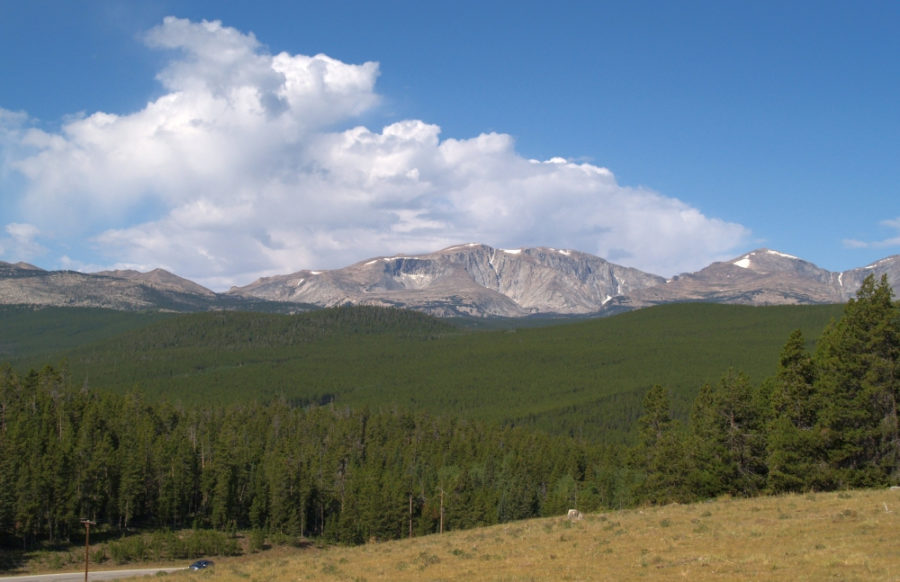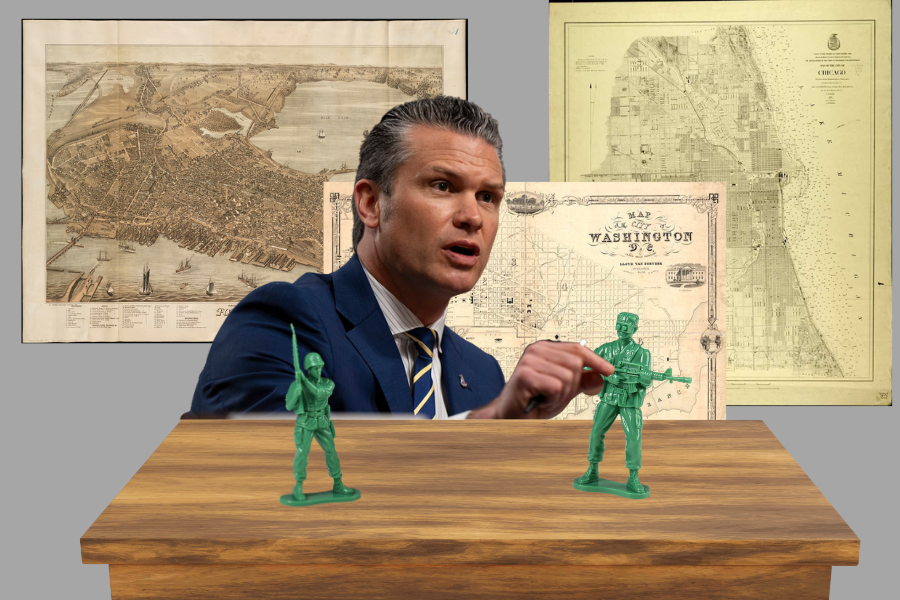For some, Valentine’s Day 2011 meant romantic displays of affection, and for others it meant downing a pint of Ben and Jerry’s while hating the world. For Wisconsin, however, it meant a lot more.
Governor Scott Walker, a republican, proposed a legislation passed by the Wisconsin Assembly to remedy a projected $3.6 billion budget shortfall. In this bill, state employees would be required to contribute 5.8 percent of their salaries to cover pension costs, along with the major issue of stripping collective bargaining rights from most public employee union members.
The backlash against this bill started on Feb. 14, with hundreds of “Valentines” being sent to the governor by University of Wisconsin-Madison staff in protest of the negative impact the bill would have on their university. Then, on Feb. 15, tens of thousands of people congregated to Wisconsin’s capital of Madison to partake in not only protests, but public hearings on the matter of collective bargaining, which lasted nearly 17 hours. On Feb. 26, that number of protesters skyrocketed to 100,000. These protests in Madison were matched by thousands of others at state capitals around the country, including one outside Suffolk’s next door neighbor, the Massachusetts State House.
As tedious and unfair as unions can be, they are still necessary for our society. However, it is no secret that they have a sub-par system. Good work is not rewarded, and there is no reprimand for substandard performance. Everyone is on the same playing field, no matter how proficient or inefficient they are. That one horrible teacher we all had in high school (you know the one), who ruined various days and various subjects is a result of tenure, and by extension, the union system. Annoyance in its structure is understandable.
Cutting collective bargaining, however, is not a smart next step in this struggle.
Collective bargaining, by no means a stubborn disposition, is necessary. The ability for unions to come together in a democratic process, decide upon wages and benefits, then go to the higher authorities to find common ground is essential. It needs to happen. To take that ability away would be ludicrous, something that defeats the ideology of America’s backbone: the working people.
What Wisconsin needs to realize is that the middle class, the people who are being hurt most in this economy, make up the unions. This decision, among others, can be tacked onto the long list of reasons why the middle class will soon disappear, and why hope is being lost in the government. Walker is barking up the wrong tree, while millions of people have a front row seat—and many a little too close for comfort.
While some protesters jam into the state capitol, pounding on drums—waving flags and chanting songs so loudly that security guards must jam ear plugs into their ears—even more have dragged in air mattresses and curled up in blankets, ready to greet another day of strife with strength. Ironic signs are being made, poignant documentaries are being filmed, hopefully ending with Wisconsin’s perseverance reigning supreme.







